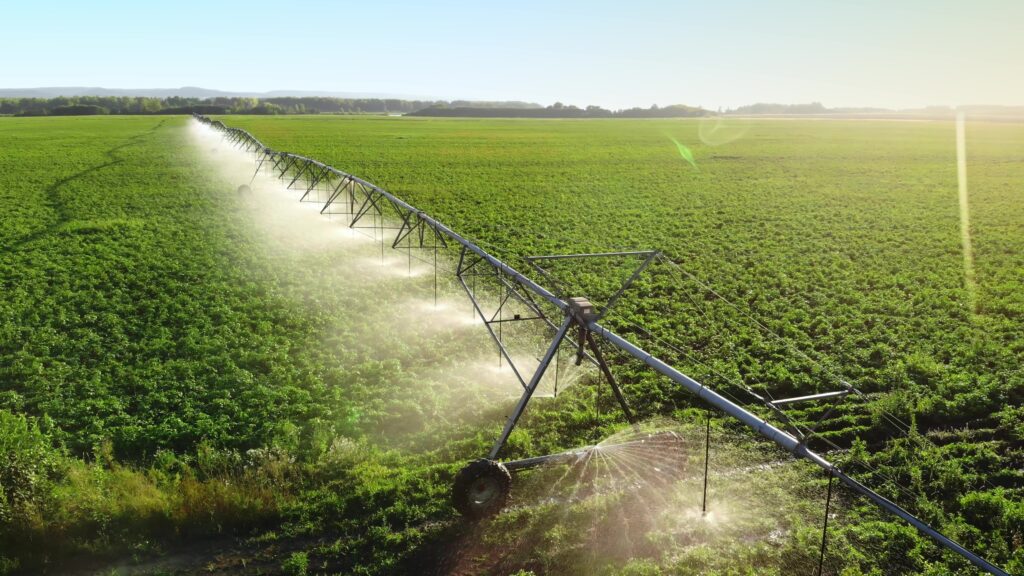Modern farming demands the skillful use of heavy machinery, which is critical for agricultural productivity. Today’s farm equipment, enhanced by technological advancements, is sophisticated yet manageable with proper knowledge. This guide aims to improve equipment use, enhance safety, and maximize yields. Whether you’re experienced or new, these farm equipment tips will streamline your operations, minimize risks, and ensure optimal use of your equipment.
Get to Know Your Equipment
Understanding your machinery inside out is crucial. Each piece has a unique manual—your go-to resource. Learn the specifics of your models, focusing on safety features, maintenance, and troubleshooting. This prevents issues and ensures efficient operation.
Prioritize Safety and Training
Operating farm equipment carries risks. Safety is crucial not just for the operator but also for bystanders, livestock, and the environment. All operators should receive proper training, including periodic updates on safety protocols and equipment.
Equip Yourself Properly
Comfortable, protective attire is essential for farming and ranching. This includes quality work gloves, steel-toed boots, ear protection, and helmets. Add respiratory or extra hearing protection for a focused operator in dusty or loud areas.
Stay Alert and Vigilant
Using machinery can cause fatigue, reducing reaction time and critical thinking. Regular breaks are crucial. Always be aware of your surroundings, use mirrors to reduce blind spots, and minimize distractions. Given the unpredictability of farming, staying vigilant helps prevent accidents.
Maximize Productivity
Farm equipment boosts productivity, and operators should seek ways to enhance this. Innovative strategies and careful planning can save significant time and resources.
Optimize Maintenance and Longevity
Proper maintenance is essential for farm equipment. Regular servicing and prompt repairs extend your investments’ lifespan. Ignoring simple maintenance can lead to expensive repairs later.
Prioritize Fuel and Energy Management
Managing fuel consumption not only saves you money but also reduces greenhouse gas emissions. Operators can considerably reduce fuel usage by keeping equipment well-maintained, avoiding excessive idling, and planning efficient routes.
Monitor Soil and Crop Health
Overuse or improper use of equipment can lead to soil compaction, erosion, or poor crop establishment. Consider using technologies and techniques that are gentler on the land, such as no-till or low-pressure tire options.
Conclusion
Mastering the operation of farm equipment is an ongoing process. It requires practical knowledge, technical proficiency, and a commitment to safety and sustainability. By following these farming equipment tips, you can operate your machinery more effectively while increasing longevity and minimizing environmental impact. Take pride in your role as an equipment operator, and always strive for improvement. After all, in the world of agriculture, as the equipment operates, so does the farm.
For more tips like this, please visit our blog.

